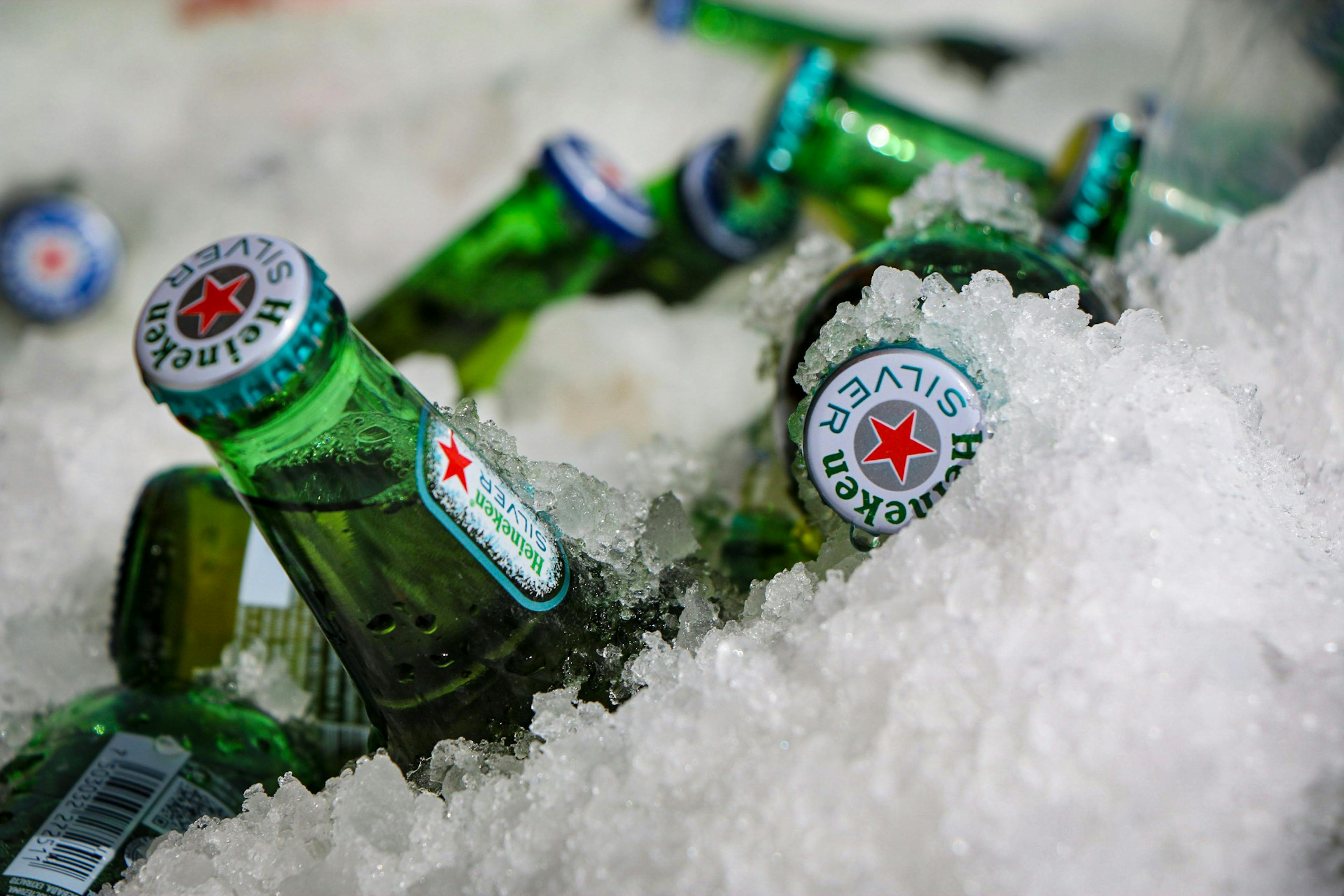

Author: GAURANG GARVIT
Published on-
07 November 2024
Cold Chain Technology: Essential Machines for Temperature-Sensitive Food Storage
Cold Chain Technology: Essential Machines for Temperature-Sensitive Food Storage
The global food industry is becoming increasingly reliant on cold chain technology to ensure the safe and efficient storage and transportation of perishable products. From fruits and vegetables to dairy, seafood, and meats, the need to maintain an unbroken cold chain is critical to preserving food quality, extending shelf life, and preventing foodborne illnesses. The cold chain market is projected to grow at a compound annual growth rate (CAGR) of 12.1%, reaching $585.1 billion by 2028, highlighting the importance of advanced refrigeration and logistics solutions.
1. Refrigeration Technology: The Backbone of the Cold Chain
Refrigeration systems play a pivotal role in maintaining optimal storage conditions for perishable foods. Modern refrigeration technology goes beyond traditional cooling methods, incorporating sensors and automation for real-time temperature control and monitoring. Carrier Transicold, a leader in refrigeration solutions, has introduced advanced systems that combine real-time monitoring with predictive analytics, ensuring that temperature-sensitive food products are kept within precise temperature ranges during storage and transit.
Fact Check: According to the World Health Organization (WHO), around 25% of global food production is lost due to inadequate cold chain systems, underscoring the importance of efficient refrigeration.
2. Smart Freezers and IoT-Enabled Storage Systems
Smart freezers equipped with Internet of Things (IoT) sensors are revolutionizing the way cold storage facilities operate. These freezers continuously monitor temperature fluctuations, humidity levels, and energy consumption, providing actionable insights to optimize storage conditions and reduce energy usage. Danfoss has developed IoT-enabled refrigeration systems that help food storage facilities maintain precise temperatures, preventing spoilage and minimizing energy waste. By integrating real-time data from these sensors, managers can also perform predictive maintenance, avoiding costly downtime due to equipment failures.
Fact Check: Studies from GlobalData estimate that by 2026, the global IoT in refrigeration market will grow to $4.9 billion, as more businesses adopt connected cooling solutions.
3. Cold Chain Logistics: Ensuring Safe Transit for Perishable Goods
Cold chain logistics is the critical link between food manufacturers, distributors, and consumers, ensuring that perishable products remain at the correct temperature during transportation. Innovations like temperature-controlled trailers and smart shipping containers have improved logistics efficiency. Thermo King, a leader in mobile refrigeration solutions, has introduced advanced reefer units that are capable of controlling the temperature remotely, offering real-time monitoring for both land and sea freight. These solutions not only help prevent spoilage but also ensure compliance with regulatory requirements for food safety.
Fact Check: A report by MarketsandMarkets suggests that the global cold chain logistics market is expected to reach $465.5 billion by 2025, driven by the increasing demand for temperature-sensitive food items.
4. Blockchain for Cold Chain Transparency
Blockchain technology is emerging as a vital tool in ensuring the traceability of temperature-sensitive food products throughout the cold chain. By using blockchain, stakeholders can track the journey of food products in real time, verifying that proper temperature conditions were maintained at every stage of the supply chain. This level of transparency reduces the risk of spoilage, enhances food safety, and builds consumer trust. IBM's Food Trust Network, which integrates blockchain and IoT sensors, is already being used by major food brands to trace products from farm to table, offering a complete history of storage and transportation conditions.
Fact Check: The use of blockchain for food traceability is expected to save businesses up to $31 billion annually by reducing food fraud and waste, according to a report by Bain & Company.
Conclusion
Cold chain technology is essential for ensuring the safe transport and storage of temperature-sensitive foods, and the latest advancements in refrigeration, IoT, and blockchain are setting new standards for efficiency and food safety. As the demand for perishable goods increases globally, SeekFactory can assist manufacturers by providing cutting-edge solutions in cold storage, smart refrigeration, and logistics. With our advanced technology integration and supply chain expertise, SeekFactory helps manufacturers stay competitive in a rapidly evolving food industry.
For tailored cold chain solutions and expert guidance, connect with our team at:
- Phone: +86 15257533672 | +91 8800705813 | +86 15900994467
- Email: info@seekfactory.com
to see how SeekFactory can support your temperature-sensitive food storage needs.

